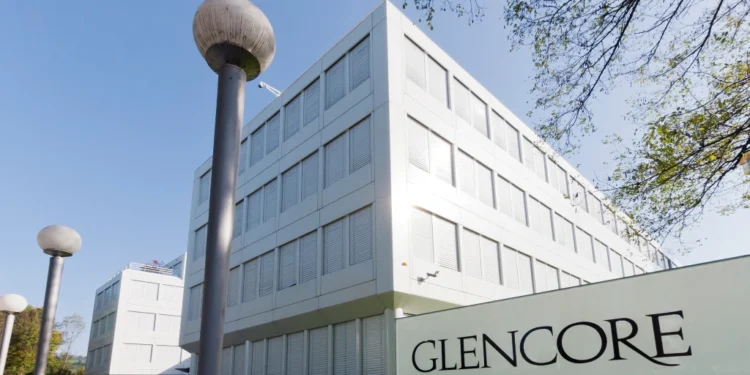According to Reuters, London-listed Glencore has initiated discussions to acquire Canadian lithium battery recycler Li-Cycle, signaling its strategic move to expand its footprint in the battery recycling sector. The proposal, outlined in a letter to Li-Cycle’s board chair on March 14, reflects Glencore’s intention to address operational and financial hurdles by leveraging Li-Cycle’s advanced recycling capabilities.
Li-Cycle, which has a market capitalization of $10.45 million, confirmed that its board has formed a special committee to evaluate Glencore’s offer. However, Li-Cycle spokesperson Louie Diaz emphasized that there is no guarantee of a finalized agreement at this stage.
Li-Cycle’s Role in the Battery Recycling Ecosystem
Li-Cycle has built a robust network of recycling facilities across North America, including locations in Arizona, Alabama, and Ontario. These plants specialize in producing black mass—a shredded mixture of spent lithium-ion battery components that contains valuable metals like lithium, cobalt, and nickel. The company is also developing a state-of-the-art facility in Rochester, New York, designed to refine black mass into high-purity battery materials. Notably, this will be North America’s only facility of its kind, positioning Li-Cycle as a crucial player in the region’s circular battery supply chain.
Glencore, which already holds convertible debt equivalent to 84 million Li-Cycle shares, had previously been exempted from shareholder rights plan restrictions, allowing it to increase its stake beyond 20%. This exemption suggests a long-term strategic interest in deepening its investment in battery recycling.
Financial Challenges and Government Support
To stabilize its operations, Li-Cycle secured a $475 million loan from the U.S. Department of Energy (DOE) in November 2023, a critical funding boost aimed at sustaining its expansion efforts.
Despite these challenges, Li-Cycle’s role in the EV battery circular economy remains essential, as demand for sustainable lithium-ion battery recycling continues to grow. If Glencore successfully acquires the company, it could benefit from an integrated supply chain, enhancing its capabilities in battery metals recovery and refining.
Future Outlook
With China dominating global battery material processing, Western companies are aggressively seeking to develop domestic supply chains for critical battery components. Glencore’s move aligns with broader efforts to localize and secure access to recycled lithium, cobalt, and nickel—essential metals for the EV and renewable energy industries.
Want to stay updated on the battery industry? Check out the latest news on BatteriesDaily!











